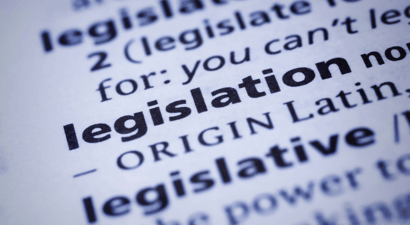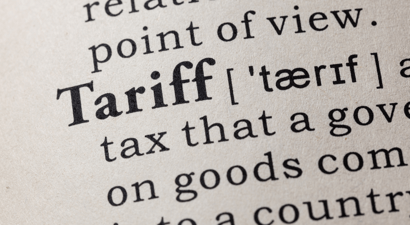Vigilance by taxpayers when engaging in disputes with SARS
When engaging with SARS regarding a dispute, one is often confronted not only with a plethora of legislation, regulations and policy documents, but also the quagmire of various timelines with which one has to comply. SARS, however, may fail to respond timeously, leaving a taxpayer feeling further frustrated and confused.
Taxpayers are urged to always remain vigilant when engaging with SARS to ensure that their rights are properly met.
A judgment handed down by the tax court in late February 2022 illustrates this point. Following an audit by SARS in respect of a taxpayer’s 2016 to 2018 years of assessment, SARS sought to raise additional assessments on 17 March 2020. The subject matter of the additional assessments giving rise to the dispute is not relevant for present purposes, other than to note that the court considered this and held that SARS lacked prospects of success on the merits of its case as formulated.
What is noteworthy about the matter is the dilatory manner in which SARS engaged with the taxpayer, which ultimately resulted in success for the hapless taxpayer.
The taxpayer had sought a final order against SARS upholding its appeals, principally on the basis that SARS had failed to remedy its continued default when called upon in terms of the relevant section of the Tax Administration Act, 2011 (“TAA”) to file its requisite section 31 statement. SARS instead launched a counter application seeking condonation for its persistent failure to comply with the time periods as prescribed under the TAA.
The court, however, having meticulously scrutinized SARS’ persistent disregard for the time limits as prescribed in the TAA as read with the relevant Rules, admonished SARS for its tardy behaviour. In dismissing SARS’ counter application, the court sided with the stance adopted by the taxpayer’s counsel that SARS “series of delays were simply a perpetuation of a pattern of disregard for the rules and what is required of administrative functionaries”.
An interesting aspect addressed by the court was the severe prejudice which SARS’ behaviour had caused the taxpayer. At various times throughout the dispute SARS had sought, unlawfully, to reflect the taxpayer’s status as non-compliant despite the fact that the dispute was ongoing. As readers may well know, a tax compliance status confirmation is a prerequisite for the conduct of a business in certain instances. In this particular case for instance, it resulted in the taxpayer forfeiting certain of its specific export permits with ITAC and jeopardized its credit facilities with two major banking institutions. As noted by the court, where the particular taxpayer was unable to continue with its operations some 50 employees were at risk of losing their jobs.
Another further welcome aspect of the ruling is the court’s recognition of the role of SARS as a State litigant. In applying principles affirmed by our Constitutional Court in the context of delays when state entities bring legality self-reviews, the tax court noted that when deciding to overlook or condone a delay by a party such as SARS, the conduct of such party should be taken into account given that “they are often best placed to explain the delay and are subject to a higher duty to respect the law.”
The judgment is therefore a timely reminder to taxpayers to be vigilant when finding themselves engaged in a dispute with SARS and to seek appropriate guidance when exploring their options for possible redress, rather than simply throwing in the proverbial towel.





